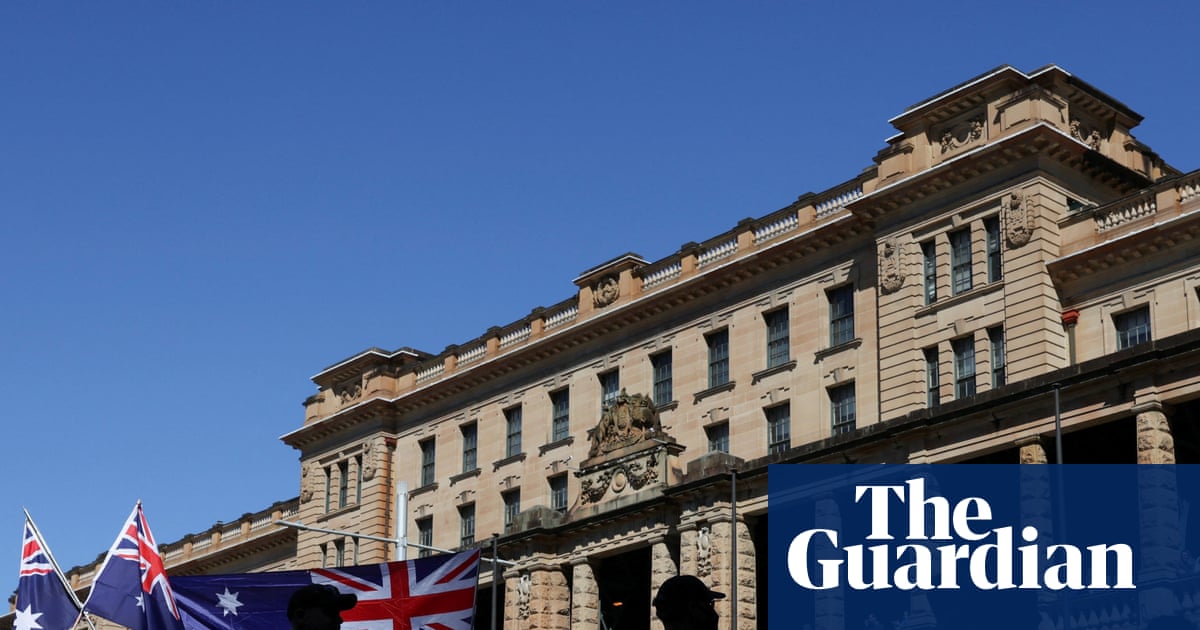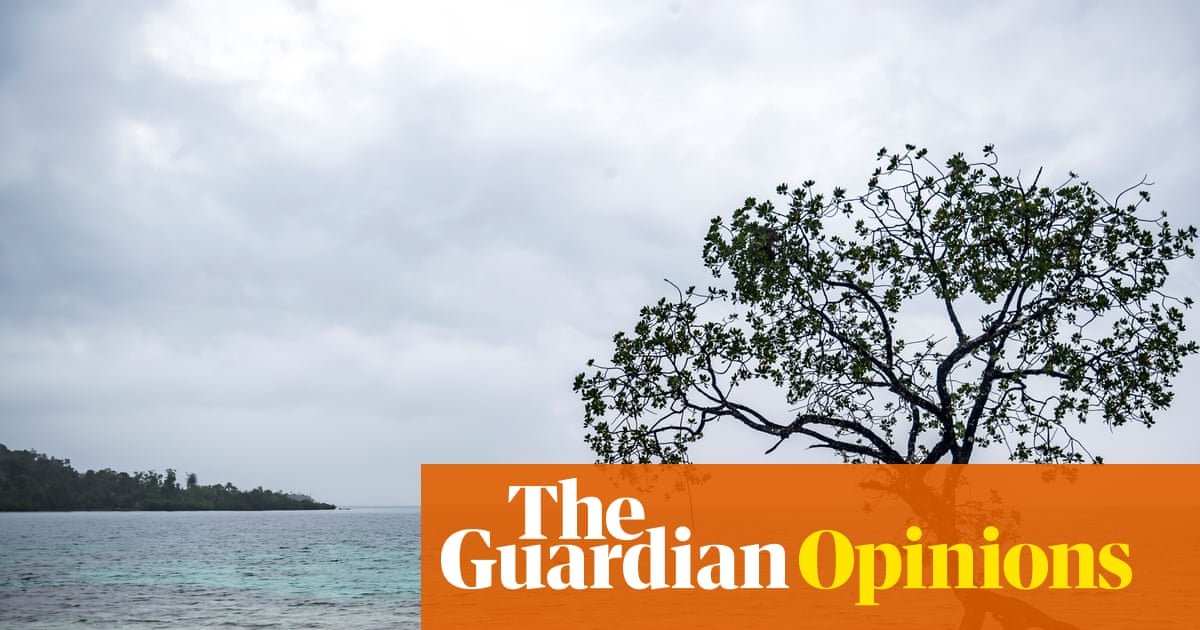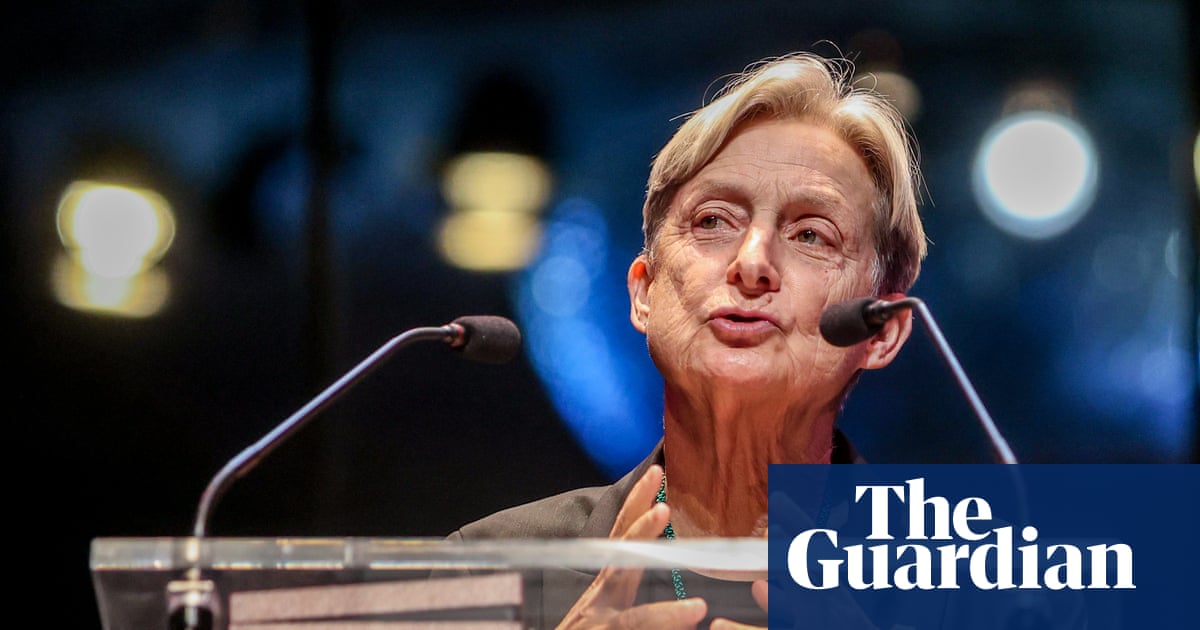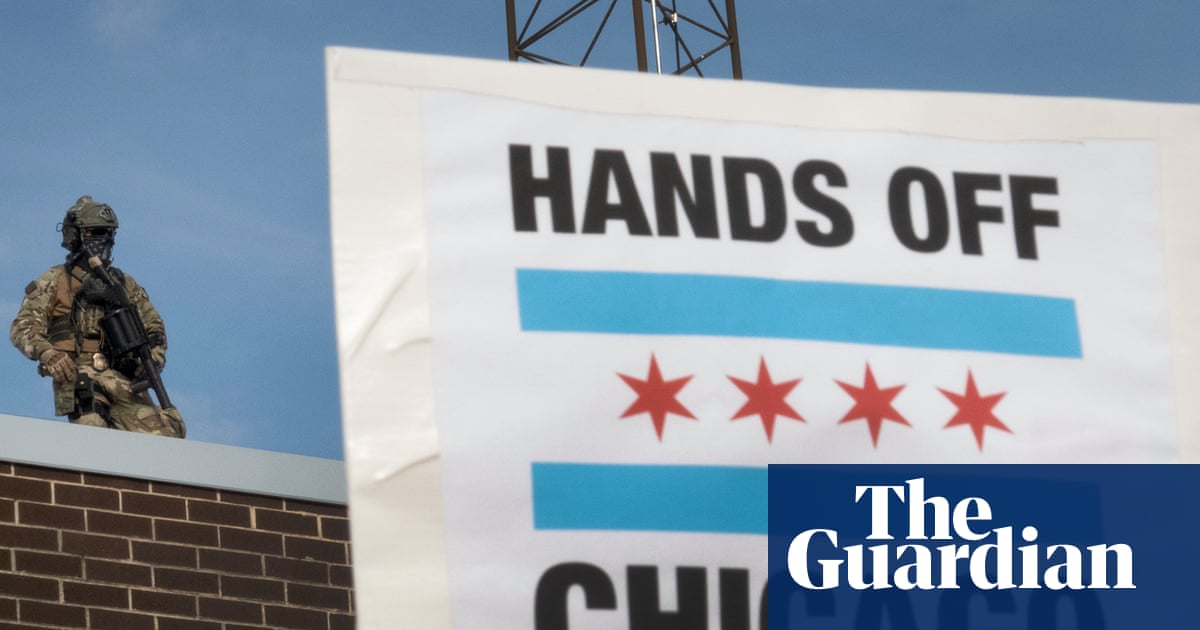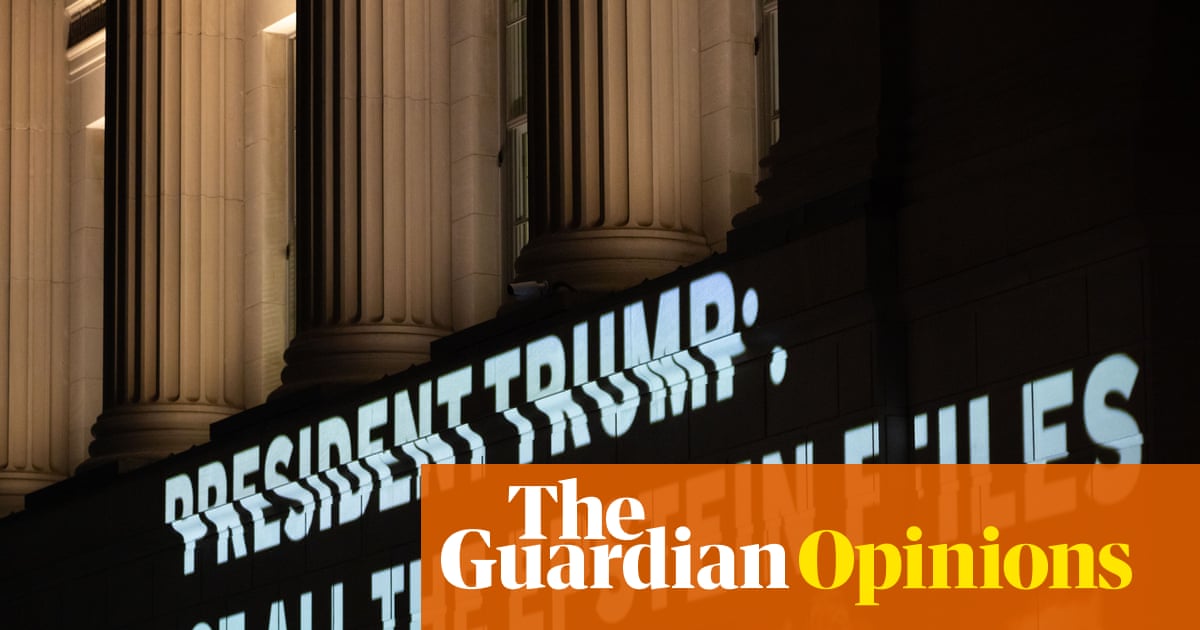The World Bank has cut its forecasts for growth, blaming Donald Trump’s trade war and says the 2020s are on course to be the weakest decade for the global economy since the 1960s.
In its twice-yearly Global Economic Prospects report, the Washington-based lender reduced its forecast for global GDP growth this year to 2.3%, down from 2.7% in January.
That would be the slowest growth rate outside full-blown recessions since 2008, the World Bank said, pointing to the costs of “international discord – about trade, in particular”.
Since January, Trump has made a blizzard of announcements, slapping tariffs on leading economies, as well as specific commodities including steel.
Some of these have subsequently been reversed, but tariffs are still significantly higher than before Trump came to power and uncertainty about trade policy remains at an unprecedented high.
With only a “tepid” recovery in global growth, to 2.4%, expected in 2026, the bank said this decade was likely to be the weakest since the 1960s.
The World Bank’s chief economist, Indermit Gill, said that decades of economic progress in developing countries had all but ground to a halt in recent years, with growth in investment and trade slowing, and debt piling up.
“Outside of Asia, the developing world is becoming a development-free zone,” he said. “It has been advertising itself for more than a decade. Growth in developing economies has ratcheted down for three decades – from 6% annually in the 2000s to 5% in the 2010s – to less than 4% in the 2020s.”
In the report, the bank says “many of the forces behind the great economic miracle of the last 50 years – when GDP per person in developing countries nearly quadrupled and more than 1 billion people escaped extreme poverty – have swung into reverse”.
It urges governments to negotiate an end to trade tensions, and calls on emerging market and developing economies to rebuild their public finances by broadening their tax base, and carry out reforms in the hope of attracting investment.
The World Bank forecast assumes that the high “reciprocal” tariffs Trump announced on “liberation day” in April will not be reimposed, when the 90-day “pause” he announced last month comes to an end.
The bank says the situation could deteriorate further, if tariffs end up being higher than expected, and uncertainty continues. “Risks to the global outlook remain tilted decidedly to the downside,” it says.
after newsletter promotion
“Growth could turn out to be lower if trade restrictions escalate or if policy uncertainty persists, which could also result in a buildup of financial stress.”
Sovereign bond yields have risen in many leading economies in recent months amid the on-off tariff policies – as well as anxiety about the sustainability of US public finances.
It estimates that more than half of low income countries are either in debt distress, or at high risk of it – with the situation exacerbated by declining aid flows. The UK has cut its aid budget significantly to fund rising defence expenditure, and the US government’s development arm, USAID, has been all but dismantled.
In the face of growing concerns about indebtedness, anti-poverty campaigners are urging governments to sign up to a new process for reviewing sovereign debt at the International Conference on Financing for Development in Seville later this month.
The Trump administration has said it supports the World Bank, which offers financial backing to low income countries; but the treasury secretary, Scott Bessent, has warned that it should not expect “blank checks for vapid, buzzword-centric marketing accompanied by half-hearted commitments to reform”.

 3 months ago
41
3 months ago
41
